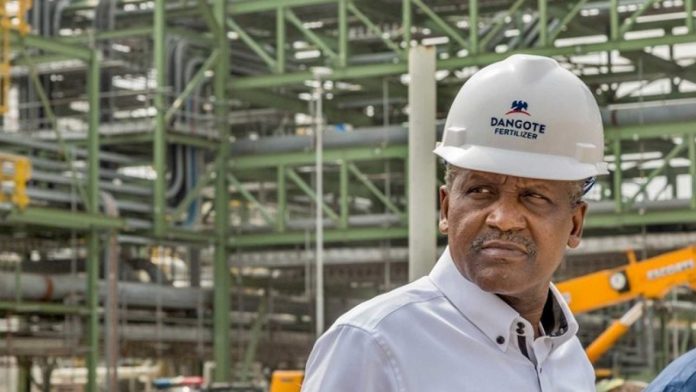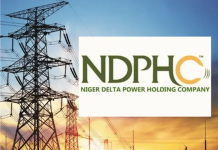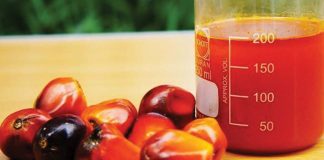Petrol prices in Nigeria may decrease as the federal government permits marketers to buy directly from Dangote Refinery and import from other sources, according to James Tor, National Secretary of the Independent Petroleum Marketers Association of Nigeria (IPMAN).
In a recent interview, Tor discusses how this deregulation allows marketers to negotiate prices directly with the refinery, ending the Nigerian National Petroleum Corporation (NNPC) Limited’s monopoly as the only buyer of petrol products in the country. He notes that this shift will create a more competitive market, leading to lower prices.
Tor states, “With more sellers in the market, competition will drive prices down. Instead of relying solely on NNPC, we now have access to multiple suppliers, including Dangote, which gives us the flexibility to choose lower-priced options.” He emphasizes confidence in partnerships with both local and international suppliers, which will provide affordable products for Nigerians.
Previously, the government has authorized marketers to purchase petroleum products directly from Dangote Refinery, moving away from NNPC’s role as a middleman. Finance Minister Wale Edun highlights that this new direct purchasing model fosters competition and enhances the supply chain for petroleum products.
“This change allows marketers to negotiate terms directly with refineries, creating a more competitive market landscape,” Edun states.
The transition from NNPC being the sole purchaser to allowing direct purchases signifies a major step toward the full deregulation of Nigeria’s oil industry. In September, NNPC revealed it was buying petrol from Dangote at N898.78 per liter and selling it to marketers at N765.99 per liter, effectively subsidizing N133 per liter. However, this model is deemed unsustainable.
NNPC has increased petrol prices across its retail stations to over N1,000 per liter, with recent hikes reflecting prices above N900 in various states. In Lagos, prices reach approximately N998, while in Abuja, they hit N1,030. This new framework aims to stabilize petrol prices while enhancing market efficiency and availability for consumers.













